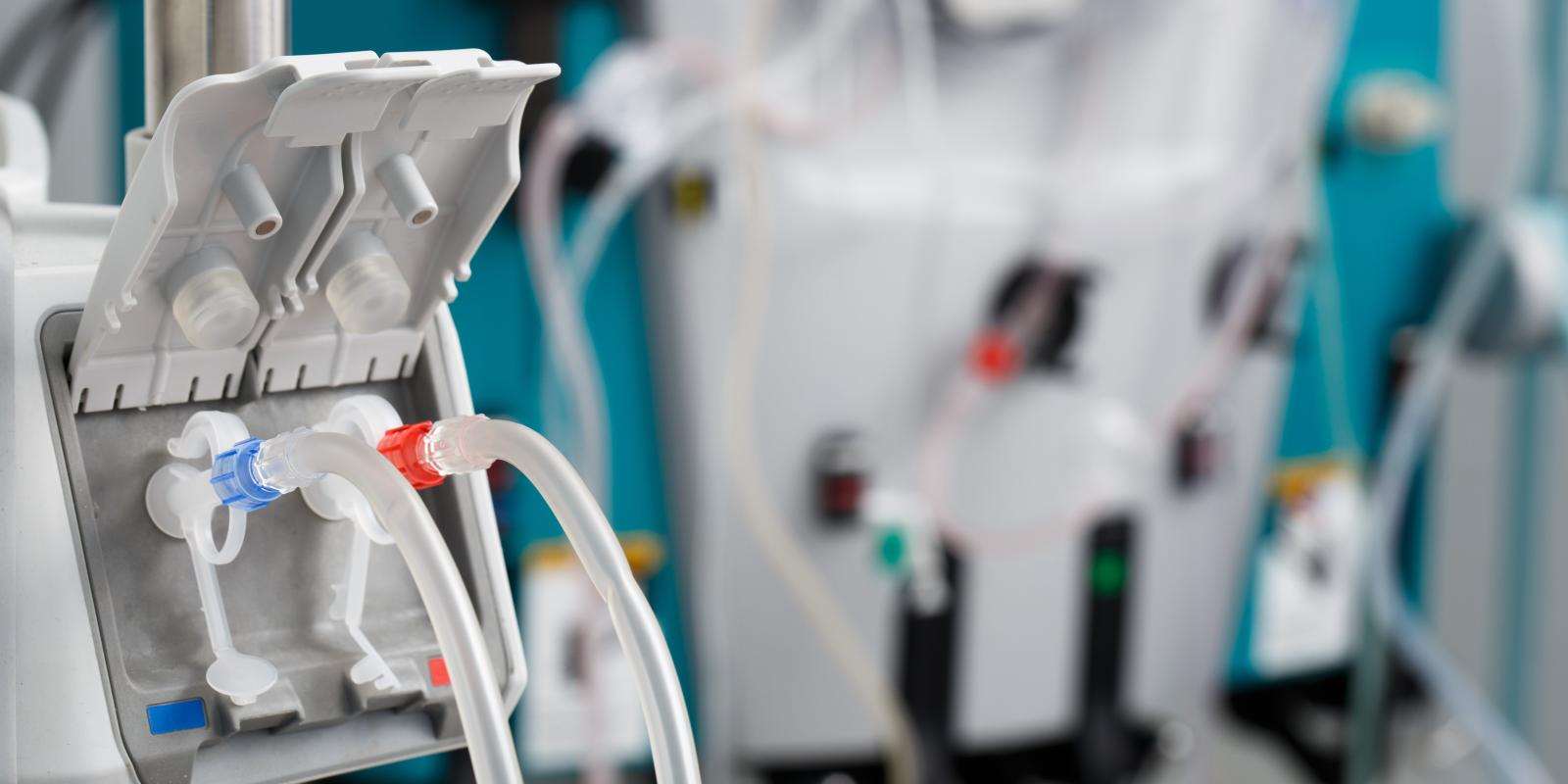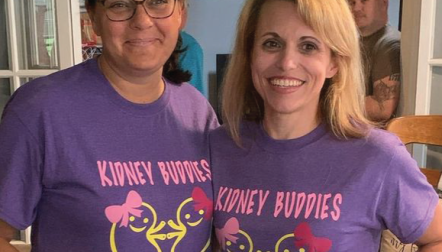
Choosing a hemodialysis treatment plan

Jump to
If you choose to have hemodialysis, you may do your treatments in a dialysis center or at home, during the day or at night. Most people do their hemodialysis sessions during the day in dialysis centers, but you do not have to. You can work with your dialysis care team to figure out the best treatment plan for you. Here are some options.
In-center hemodialysis
In-center hemodialysis is done at a dialysis center. Most people who do in-center hemodialysis have three treatment sessions each week. You may have to go more often or less often, depending on what your doctor thinks is the healthiest option for you. You will work with your dialysis center to schedule your appointments. Each treatment session usually lasts between three and five hours.
At each session, a nurse or dialysis technician will put two needles into your vascular access. One will be used for the blood going out of your body and the other will be used for the blood coming back into your body. If it hurts you to have the needles put in, you can ask your nurse or technician for numbing cream. You can put this cream on the area of skin where the needles will be put in, and it will help to reduce the pain. You can also learn to put the needles in yourself, which sometimes helps with the pain.
If you choose this dialysis schedule, it will be important to be mindful of your fluid intake between sessions. It is hard for your body to go through fast, dramatic changes to how much fluid is inside of you. Although sitting for three to five hours might feel like a long time to you, it is not a very long time for your body to adjust to holding much less fluid. If you have too much fluid inside of you before your treatment, you may be more uncomfortable during and after your treatment session because the machine is taking fluid out so quickly.
Most people who do in-center hemodialysis have three treatment sessions each week. Each treatment session usually lasts between three and five hours.
Nocturnal in-center hemodialysis
If you choose nocturnal (nighttime) in-center hemodialysis, you will have your dialysis treatments in a dialysis center at night, while you sleep. These treatment sessions are usually done three times per week, for six to eight hours per session. The dialysis machine used in nocturnal in-center hemodialysis is the same as the machine used for daytime in-center hemodialysis, and you will still need to have two needles in your vascular access. Having your dialysis treatment while you sleep may allow you to continue working or going to school during the day. Also, because each dialysis session lasts longer, the machine can remove waste and fluid from your blood more slowly, which is not as hard on your body.
Conventional home hemodialysis
Conventional home hemodialysis is a treatment you do yourself at home, with the help of a partner. Both you and your partner must be trained to use the machine and to insert the needles into your vascular access. A home hemodialysis machine is a smaller version of the in-center hemodialysis machine that does the same job. This type of dialysis may let you have a more flexible treatment schedule because you can do your treatments when it is convenient for you. However, you must follow your doctor's instructions about how many times per week you need to do your treatments and how long each treatment should last. Most people who choose conventional home hemodialysis do their treatments three times per week for three to five hours each time. It is very important that you do not skip your treatments!
Nocturnal home hemodialysis
If you work, go to school or have other commitments during the day, you may choose to do nocturnal home hemodialysis. This treatment schedule allows you and your care partner to do your treatments at home, while you sleep. Each treatment session lasts six to eight hours and can be done every other night or more often, depending on what your doctor thinks is best for you. Having your treatments more often and for longer periods of time means that fluid is taken out of your blood more slowly and more often. This may help you feel better between treatments and may allow you more freedom with your eating habits and fluid intake.
Short daily home hemodialysis
Short daily home hemodialysis is done for about two hours, every day of the week or almost every day. Your doctor can tell you how often you should do your treatments. This type of hemodialysis can be done at any time of the day that is convenient for you and your care partner. Having your treatments more often means that fluid is taken out of your blood more slowly and more often. This may help you feel better between treatments.


